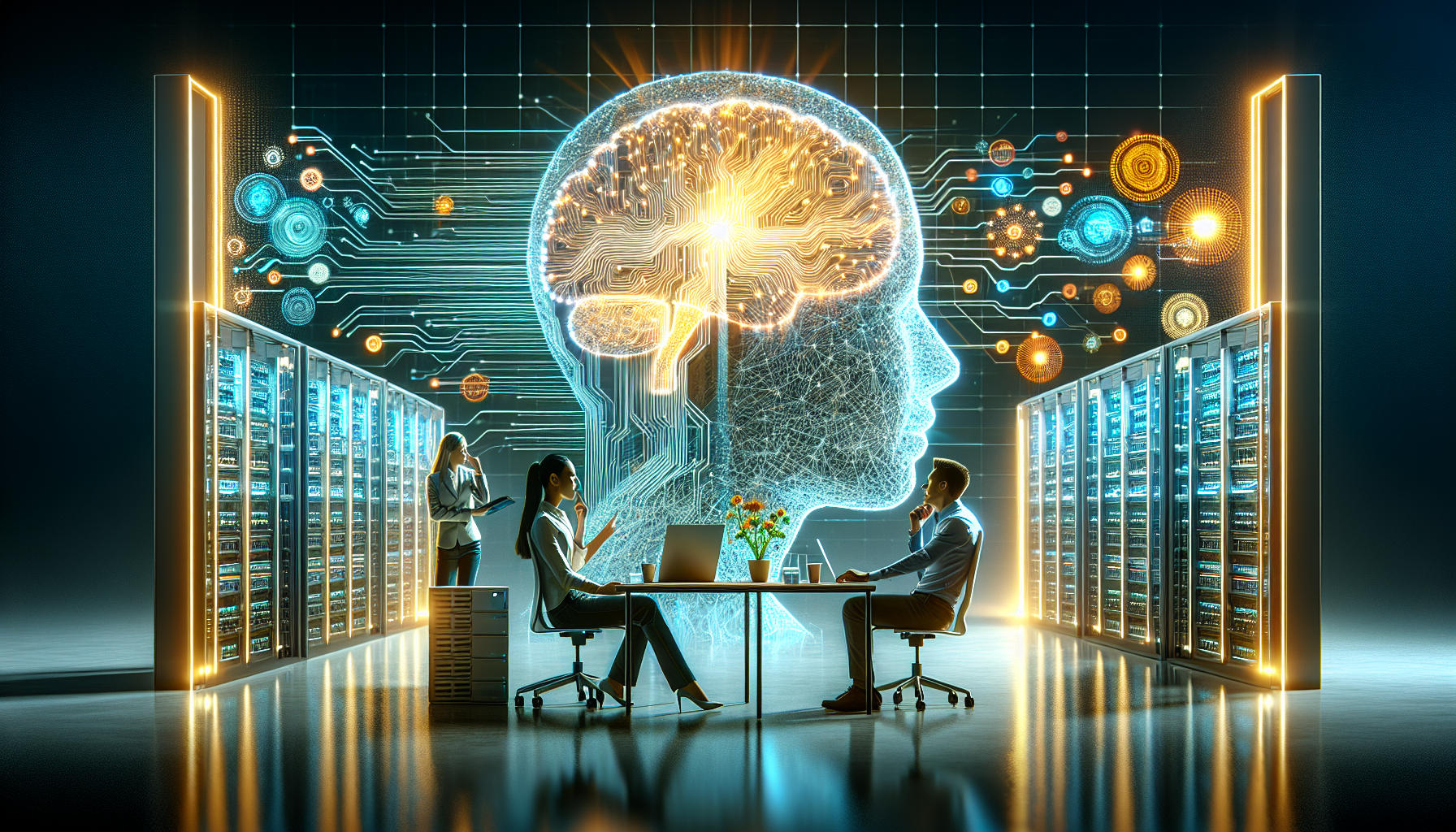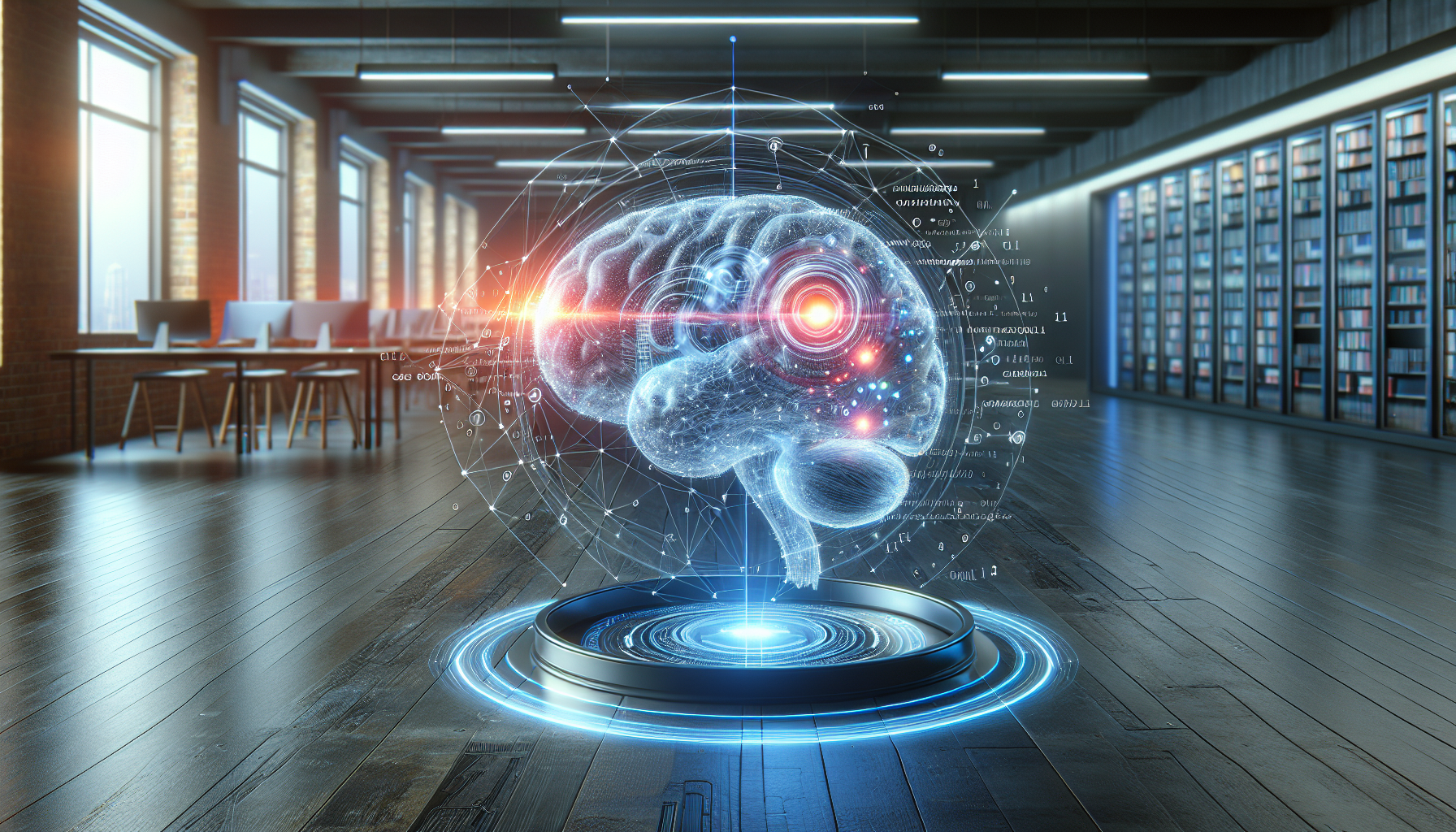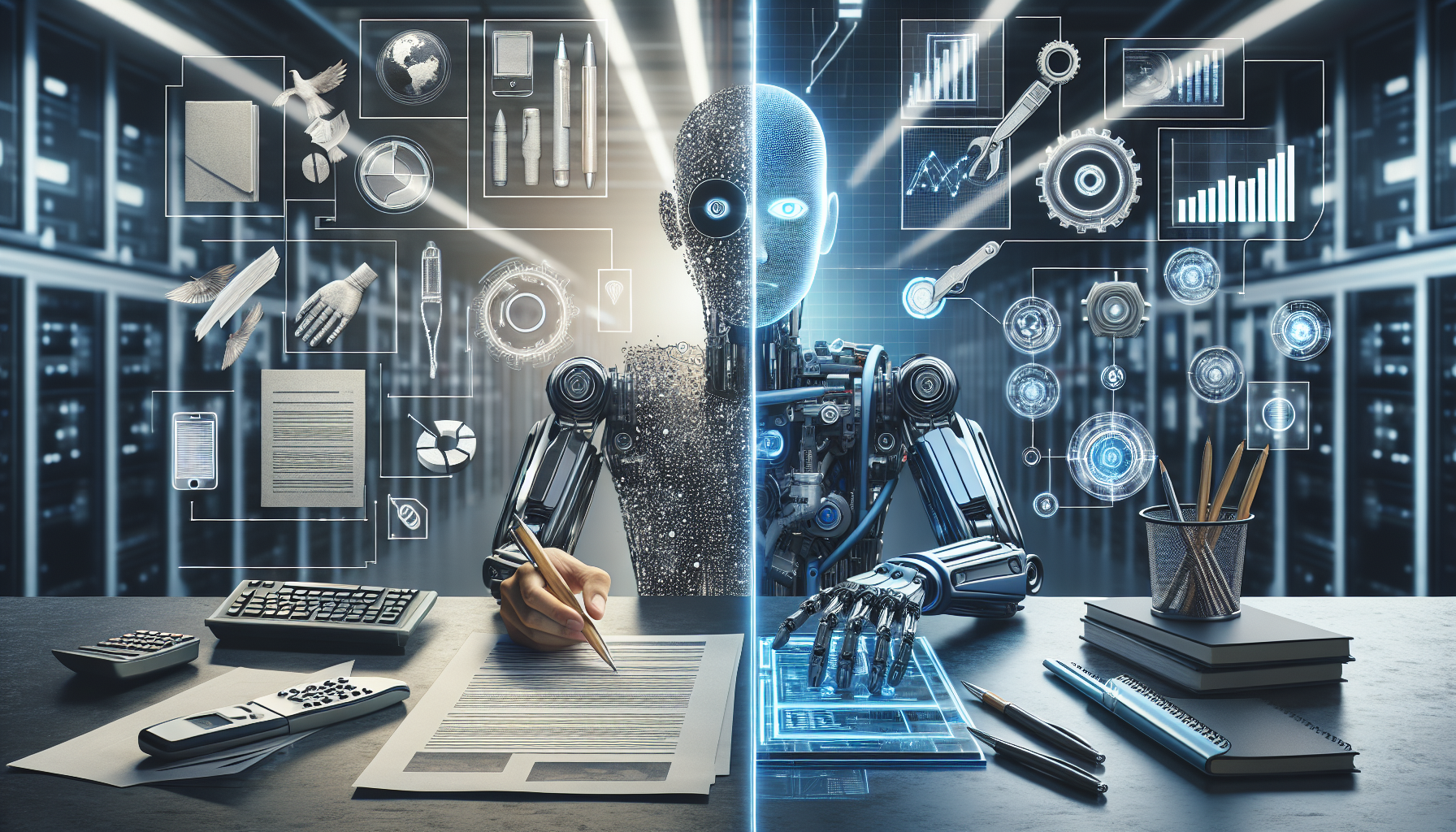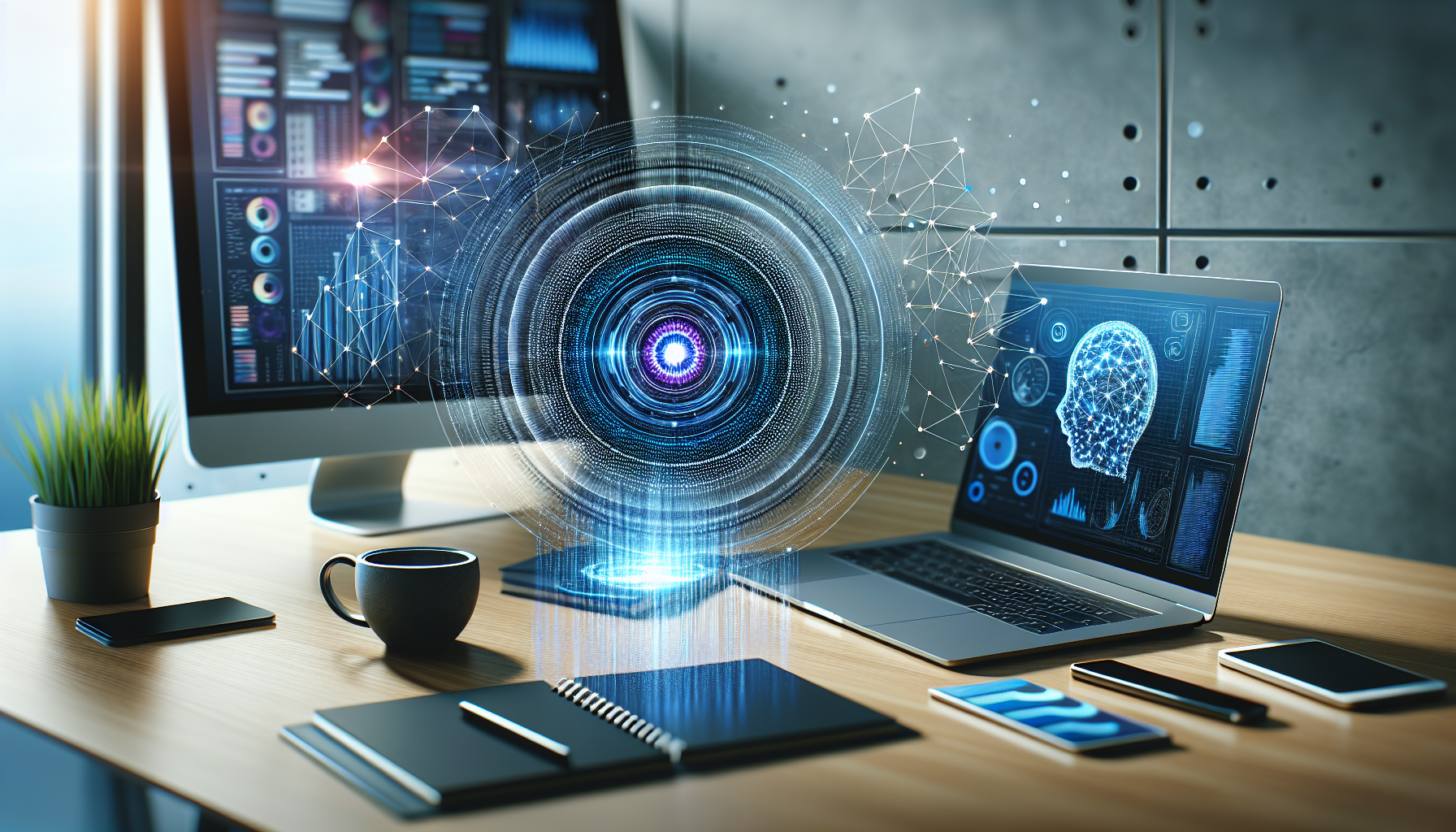
Reinforcement Learning: Empowering Artificial Intelligence Through the Magic of Rewards
October 11, 2025
Artificial intelligence (AI) often seems like a distant, almost mystical frontier, yet it’s one that’s already reshaping our lives in profound ways. At the heart of AI's most dynamic advancements lies a concept as simple as it is revolutionary: reinforcement learning. Imagine a world where machines learn as we do, through trial and error, driven by the simple joy of rewards. This approach doesn’t just teach machines; it inspires them to excel, transforming the way we interact with technology.
Reinforcement learning is more than a method; it's a paradigm shift in how we think about intelligence itself. Unlike traditional programming, where every step is predetermined, reinforcement learning equips AI with the ability to learn from the environment. It’s akin to teaching a child to ride a bicycle—not by explaining every detail, but by letting them experience the thrill of balance and speed on their own. The child falls, gets up, and tries again, motivated by the exhilarating promise of the breeze on their face.
In the realm of AI, this translates into systems that learn to perform tasks by receiving feedback from their actions. These systems are not handed explicit instructions but are instead given a framework in which they can explore and discover optimal strategies. The beauty of this approach is its versatility. Whether it's a game-playing AI that perfects chess strategies, or a robotic arm learning to assemble intricate electronics, reinforcement learning allows for a level of adaptability that mirrors human ingenuity.
One of the most compelling aspects of reinforcement learning is its capacity for surprise. When AlphaGo, an AI developed by DeepMind, defeated a human world champion in the ancient game of Go, it did so using strategies that no human had considered. This wasn’t just a triumph of technology; it was a revelation, showing us that AI could be more than a tool—it could be a creative partner, capable of generating new insights and approaches.
Yet, the power of reinforcement learning extends beyond games and into the very fabric of our daily lives. In healthcare, AI systems are learning to diagnose diseases with unprecedented accuracy, often finding patterns that elude even the most experienced physicians. In logistics, algorithms optimize delivery routes, reducing emissions and increasing efficiency. These are not mere conveniences; they are transformations that can lead to a healthier, more sustainable world.
The journey doesn’t stop here. As we continue to explore the potential of reinforcement learning, we're standing on the cusp of innovations that could redefine what's possible. Consider the prospect of autonomous vehicles learning to navigate complex urban environments. Or AI systems that could help us understand and mitigate climate change by recognizing patterns in vast datasets that are beyond human comprehension.
But with great power comes great responsibility. The capabilities of reinforcement learning are awe-inspiring, but they also raise important ethical questions. How do we ensure that AI systems act in ways that reflect our values? How do we define the rules of engagement in a world where machines learn from their interactions with us? These are not trivial challenges, but they are ones we must tackle with the same spirit of curiosity and innovation that drives the technology itself.
The inspirational nature of reinforcement learning lies in its promise—a promise that machines can learn not just to replicate human actions but to enhance human potential. As we teach AI through the magic of rewards, we must remember that each step forward is an opportunity to shape a future that aligns with our highest aspirations. We are not just creating machines that learn; we are crafting a narrative of progress, one where technology serves as both a mirror and a lens, reflecting our humanity and expanding our vision.
In embracing reinforcement learning, we are embarking on a journey of discovery, one that challenges us to rethink our relationship with the world and with each other. What new horizons will we uncover as we continue to teach and be taught by the machines we create? The answers lie not just in the algorithms we design but in the dreams that guide them. Let us move forward with courage and imagination, ever mindful of the incredible potential that lies within our reach.


